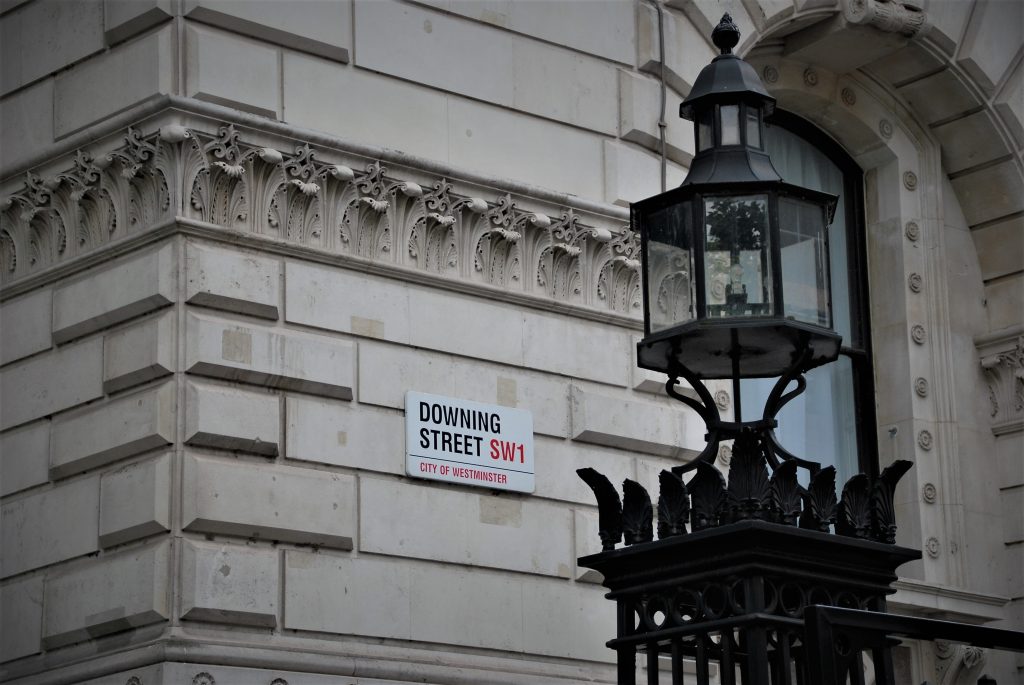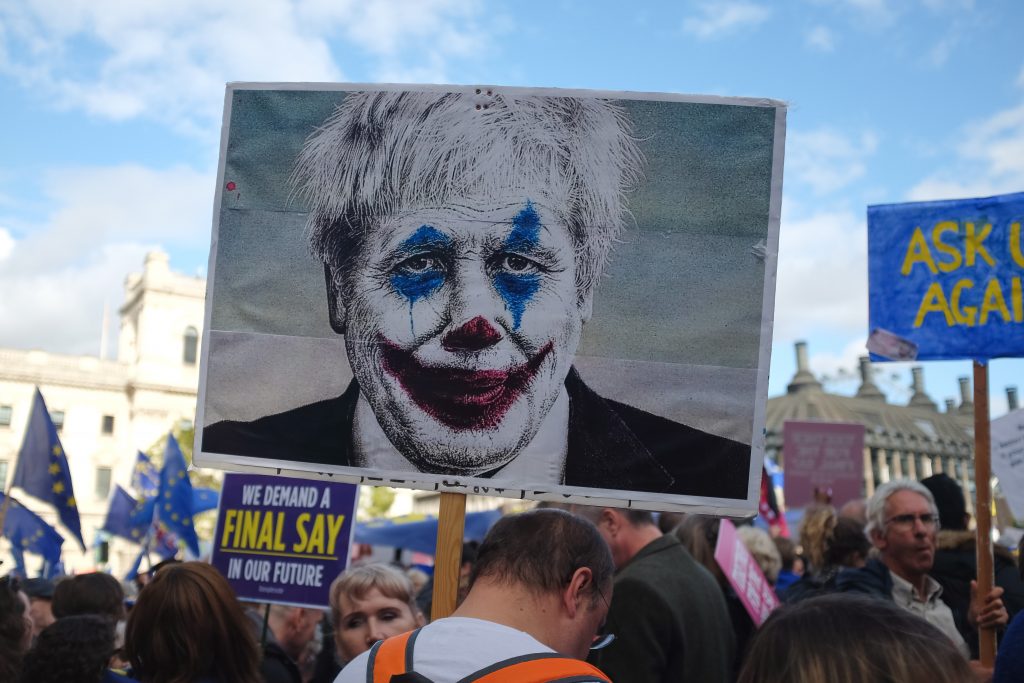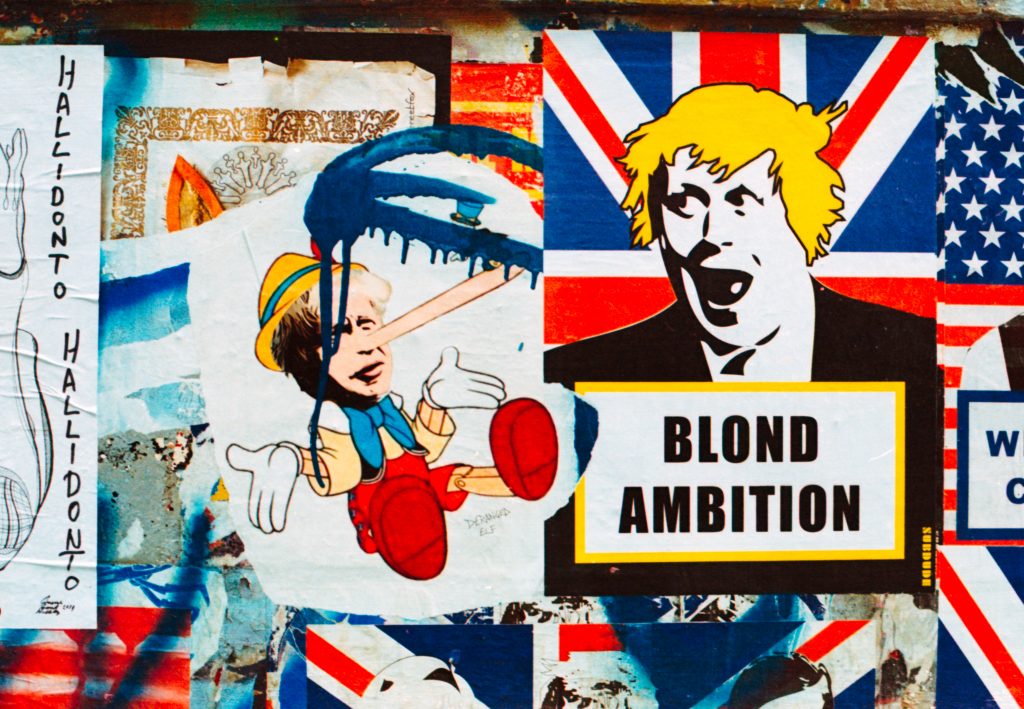
Debatable

Last night the Prime Minister and the leader of the opposition took part in the first head-to-head debate in UK election history. It was a contest that nobody asked for, and even fewer than expected could have enjoyed. The debate was designed to do little else other than focus attention back towards the two largest parties in a five-horse contest. For both men, the attention they received may have been a little less warm than they hoped.
Both candidates may well have left the debate a little more battered and deflated than they entered, viewers certainly did.
A Brand New Tradition
An American election custom, it’s difficult to see where any value is expected to emerge in adopting the strange and unhelpful traditions which haven’t exactly added any balance or wisdom to their own presidential races. Debates are not manifesto announcements, policy unveiling, or even there to reinforce a candidates stance on any and all available topics. Political debate is a sport on its own, applicable to nothing which even relates to a general election.

If you went to an expensive boarding school where debates were explicitly part of the sporting schedule, then you would want to debate your way through an election cycle too. As a method to boost a candidates visibility, provide witty sound bites and gather footage of a familiar face in front of begrudging applause, it is a vital campaign tool. For the voting public, the sport is worse than useless.
Very few of the qualities required of a political leader are demonstrated in the debate format. The ability to prepare quick catchphrases and sublime responses to pre-packed questions is of near zero value to the average voter. Even if you can’t forgive the inability to solve economic crises, complex foreign relations, and moral issues in the two and a half minutes allotted; when is a Prime Minister tasked with completing these tasks alone, at a podium, in front of a live studio audience?
As an election tool, televised debates would serve the same purpose as a darts match or fencing contest. Single minute response and retort in favour of detailed and nuanced conversation serves nobody. As far as American imports go, it’s one of the poorest of the many we take in. The only saving grace from Tuesday night’s match-up was one of the few homegrown parts of the show: the audience.
Rumble In Salford

On more than one occasion, the audience broke into spontaneous, openly-mocking laughter at the claims coming from both candidates. When Jeremy Corbyn told the crowd he had a clear and defensible position, an audible roar erupted from the studio. When Boris Johnson brazenly and confidently stated his party was based on integrity and honesty, the audience similarly failed to contain themselves.
It’s a remarkable sign of the mire which politics today has rolled into where the suggestion of integrity, honesty, and decisiveness in a political candidate draws laughter and ridicule in front of a hand-picked studio audience.
By The Sidelines
At the same time as Johnson was pounding home the point about how honest and truthful his party were, they had taken to Twitter renaming their own account ‘Fact Check UK’ with the appropriate logos and banners to match. The account made a special, one night only appearance to brand themselves as a fact-check lookalike. Using their own newly minted credentials, the account owner gave glowing reviews of the Prime Minister’s claims and disparaging views of his opponent.
The actions of the party of course drew scorn, astonishment, and ridicule. By the next morning the account had returned to normal appearance and continued its usual scheduling of official party communications. They had completed, again, one of the most bizarre and brazen pieces of campaigning imaginable, and moved on to the next without a second thought.

Part of the Conservative ‘churn and burn’ approach to campaigning, the temporarily modified account produced tweet after tweet ‘fact-checking’ the Prime Minister’s ‘great new deal’ (“true”) and the opposition’s claims of not being willing to deal with the SNP (“lie”). The account declared Johnson the outright winner before reverting to its conventional naming scheme and logos in the morning.
By early-afternoon, senior party figures were urging the press to move on from the glaring hypocrisy of sowing disinformation while vowing to combat ‘fake news’ and remain honest. Dominic Raab almost immediately appeared on BBC news to passionately iterate that voters do not care, do not listen to, and barely even use social media, so no harm done then.
The remarkable facts of the election so far are that throwing everything at the wall to see what sticks appears to be a workable option. Despite brazen lies on everything from immigration, the NHS, the budget, policing, and education; the polls don’t reflect a dramatic voting shift away from the party. Voters may well be willing to openly laugh in the face of both candidates ridiculous claims; mock, jeer, and put-down the Prime Minister at almost every visit he makes, but the available evidence suggests that the one thing they’re not willing to do is vote against him.